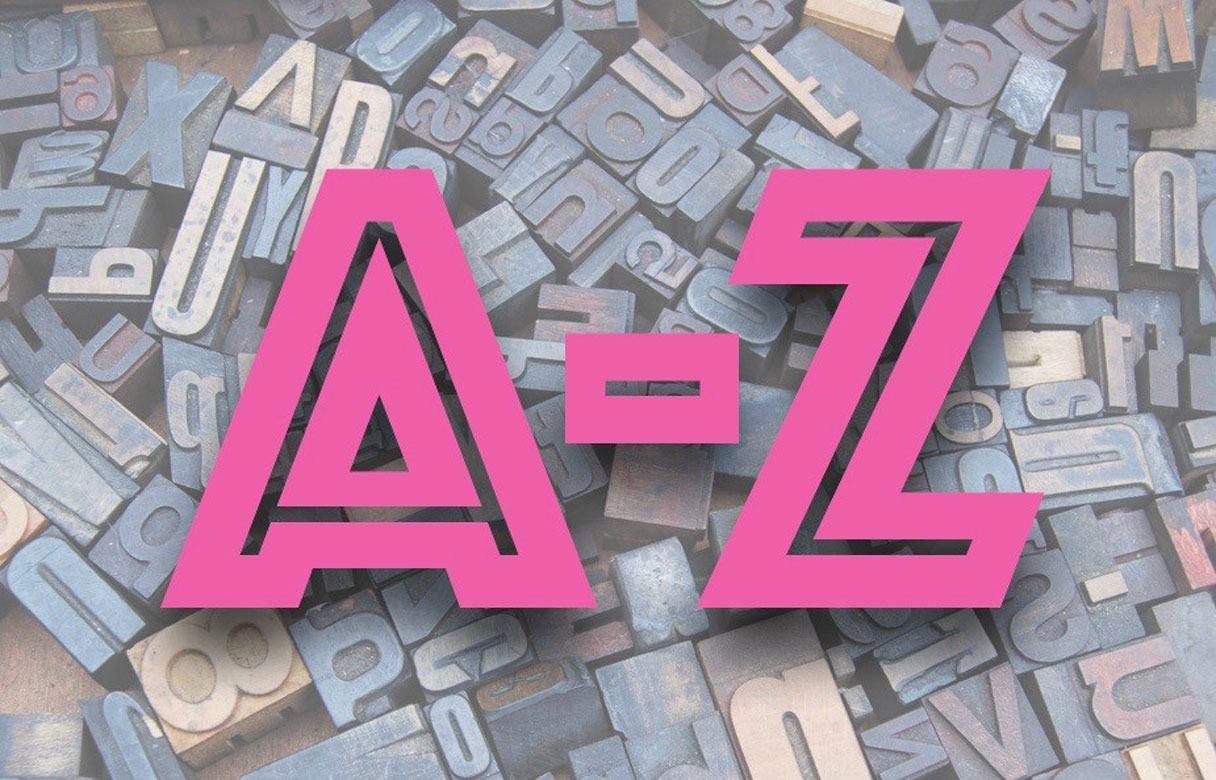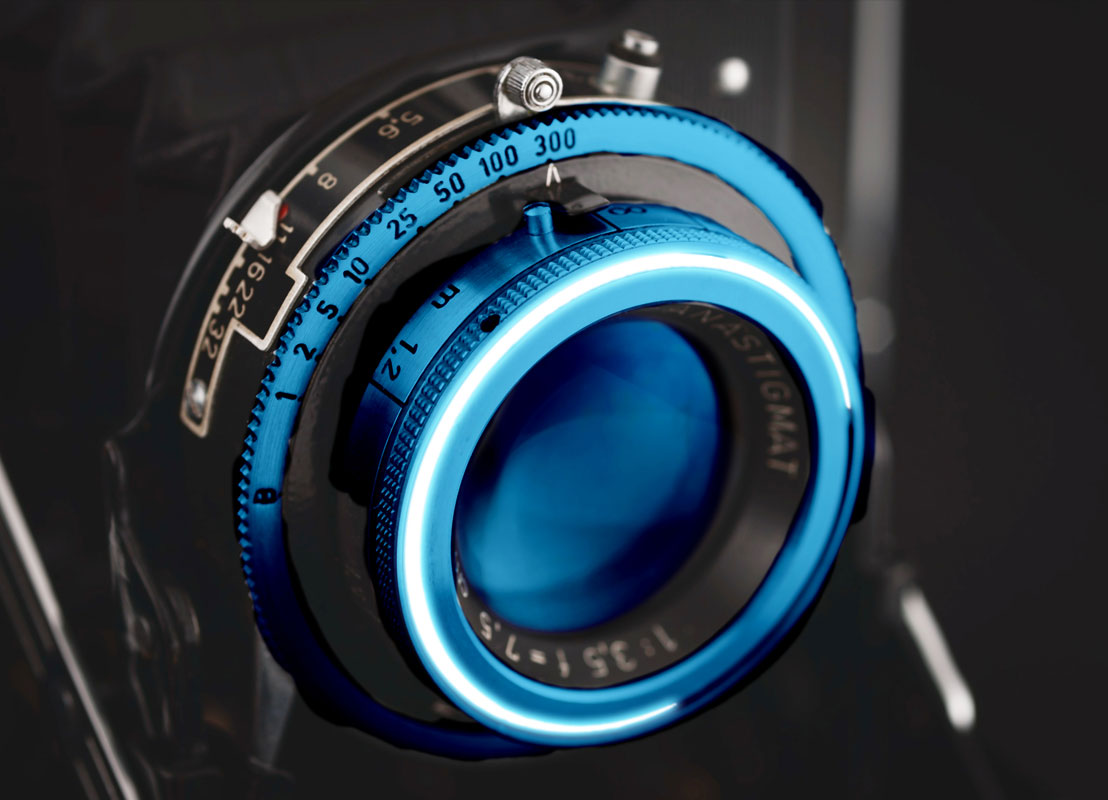THE NEWSROOM
“Media Training A-Z”: E is for Echo
It can be because you’re trying to be empathetic. It might me because you’re playing for time. Whatever the reason, it’s a dangerous habit to echo back the words of the question. Say a leading question is put suggesting your organisation is in the wrong. This requires a clear rebuttal. But some will echo the accusation in their response:
Q:“ surely the number of job losses you’re making shows you’re putting shareholders before people’s welfare…”
A: “ we’re not putting shareholders first what we’re doing …
The damage has been done. No matter how good your defence is, it’s undermined by that reinforcement of the accusation – which you could have avoided. A simple ‘ “That’s not the case” will suffice to get your fight back off to a firmer start.
From @InsideEdgeMedia – 5 Tips on Off Air Briefings
This short telephone chat with a producer in the lead-up to going on air can be a good way to control the flow of information. Here are some tips:
1) Be proactive
Some producers will demand off-air briefings, but many won’t. When the idea of an interview is first mooted, always request a short telephone interview with the producer assigned the story
2) Be prepared
A bad off-air briefing will leave the producer more confused at the end of the call than they were at the beginning. Work out the direction you want the interview to go in before you pick up the phone
3) Don’t be too subtle
Preface your key content with phrases like “What’s new about this is…” or “the real game-changer here is…”
4) Ask questions
An off-air briefing is a chance for you to build a logistical picture about the interview. Questions might include: Is the interview live or pre-recorded? Are other guests expected?”
5) Plug your social media
If you are going to tweet about your appearance on the programme, flag this up to the producer in the off-air briefing
5 Questions To Ask Before Agreeing To An Interview
 The lead-up to an on air interview often feels frantic. Internal and external pressures, prep to do, lines to check… Yet however tight that deadline is, there are at least 5 questions you must ask before you agree to the interview:
The lead-up to an on air interview often feels frantic. Internal and external pressures, prep to do, lines to check… Yet however tight that deadline is, there are at least 5 questions you must ask before you agree to the interview:
1) Is the interview live or pre-recorded?
An important question to ask, but treat both the same. Your energy levels shouldn’t be any different for a pre-record. Additionally assume the producer will forget to edit your interview before broadcast. (I can speak from personal experience that this happens all the time…)
2) Am I the only guest being interviewed?
Your worst case scenario is to be ushered into a studio full of people ready to debate with you – and for you have no earthly clue who any of them are. Check at every stage of the production process about the nature of the interview. If other guests are expected, it is entirely legitimate to find out who they are. Then make a judgment call as to whether this is the sort of environment you want to be in.
3) How long is the interview expected to last?
This gives you a sense of the on air experience you are about to have and a chance to plan accordingly. Don’t expect the producers to stick to what they tell you however, particularly if you are part of a live sequence.
4) What is the subject matter for the interview?
This is crucial, and fairly obvious. However don’t confuse this with, “what will the questions be?” You’re unlikely to be told anyway, and even if you are, what you are promised is often very different to what you get. Good interview preparation is thorough but flexible, not a rigid script.
5) Who is the presenter?
Always worth asking. Every presenter has a style, and it’s worth finding out as much as you can about the person who will be asking you the questions. Pop their name into youtube and do a bit of intelligence gathering on the person sitting across from you in the studio.
Become engaging and effective On Air – Inside Edge specialises in highly tailored media training.
How can we help?
“Media Training A-Z”: D is for Delta
 Apparently in limb surgery, the terms abduction and adduction sound so similar that a surgeon may say “Let’s proceed with the A-B Duction” just so everyone in the operating theatre is on the same wavelength. Interviews might not be such a life changing process but it’s worth journalists hearing what you want them to hear. So in a press briefing via the phone or Skype – do clarify: “That’s 14 – 1-4 per cent”, because fourteen sounds very like forty especially if reception isn’t the greatest. Of course you can’t sound as starchy as the speaking clock on radio or TV and so instead take your time over those key words and phrases.
Apparently in limb surgery, the terms abduction and adduction sound so similar that a surgeon may say “Let’s proceed with the A-B Duction” just so everyone in the operating theatre is on the same wavelength. Interviews might not be such a life changing process but it’s worth journalists hearing what you want them to hear. So in a press briefing via the phone or Skype – do clarify: “That’s 14 – 1-4 per cent”, because fourteen sounds very like forty especially if reception isn’t the greatest. Of course you can’t sound as starchy as the speaking clock on radio or TV and so instead take your time over those key words and phrases.
GET IN TOUCH
LET’S DISCUSS YOUR REQUIREMENTS



